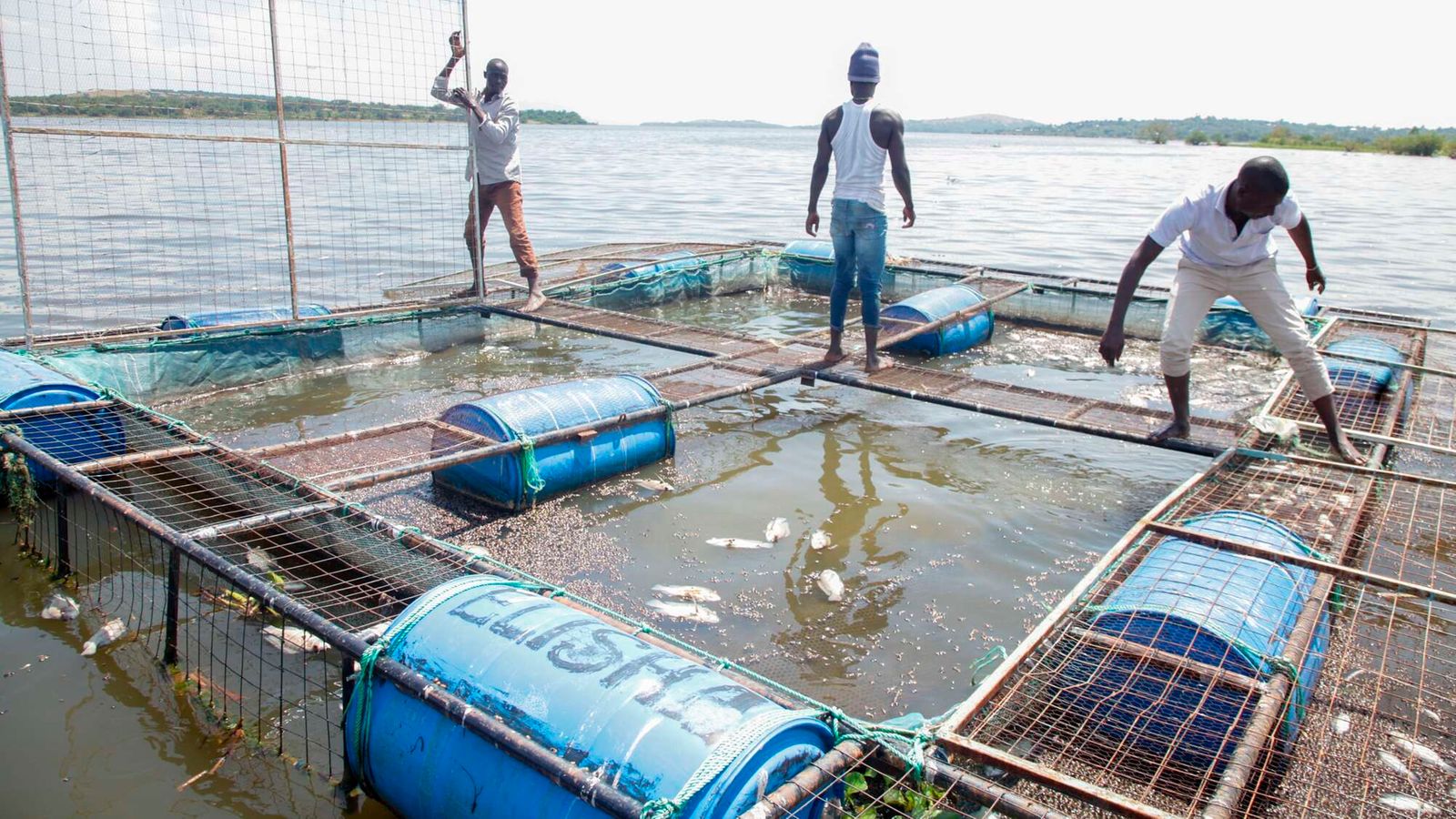
We recently heard the sad story of fishes that are reared in cages in Lake Victoria dying of suspected poisoning from the contaminated waters. This is a fresh water lake but has unfortunately suffered years of pollution.
The value and potential of our blue economy is substantial and still much untapped. The idea of rearing fish in cages in the lake is a road to booming business and very engaging.
The mass deaths of fishes has been blamed on, among other things, contamination of the waters by raw sewage that is directly discharged into the lake. It is said Kisumu City directly discharges waste water into the lake.
For years, counties—then municipalities—used to discharge raw sewage into the deep sea, believing it would undergo biological processes of purification. This is a misplaced and unscientific thought that should be done away with.
The counties, led by Kisumu and Mombasa, which are cities, should ensure proper sewage treatment prior to discharging the effluent into the neighbouring water bodies.
Nairobi is a best example of proper biological sewage treatment. Its Ruai Sewerage Treatment Works handles almost all the sewage in the capital city through anaerobic and aerobic processes.
The waste water that has undergone this process minus the sludge that is dried for use as fertiliser by farmers, although the risk of heavy metals is still there in the manure, is released into Athi River with the proper bacteria oxygen demand (BOD) taken care of at the final stage, known as the maturation pond.
Thriving and healthy fish is reared here. Their survival is proof the water being released into the river is safe for use downstream. Moving water undergoes self-cleansing and other biological processes.
It is sad that Lake Victoria, with a very vibrant and viable fish rearing project through the cages, is the source of death to fishes, the main source of livelihood. The blue economy is the next big thing. It should be enhanced through proper environmental laws that will protect our waters for posterity.